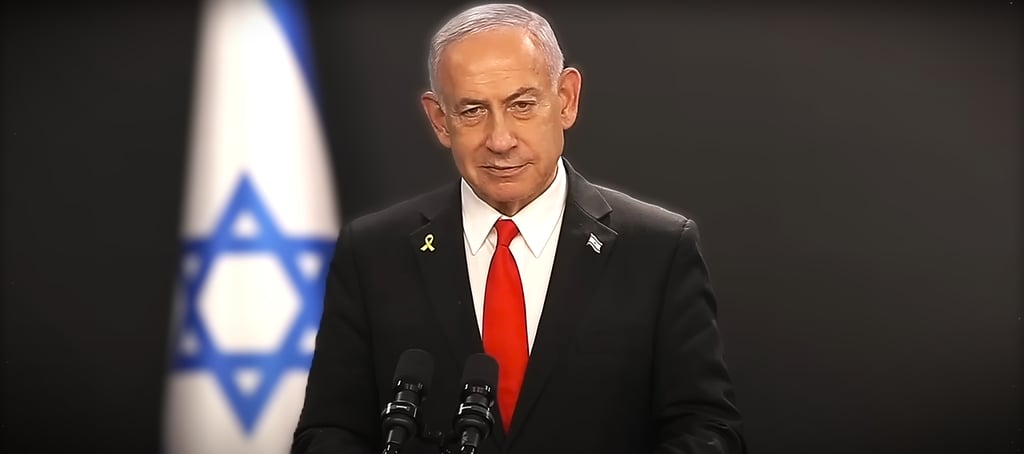Israel crisis: Hamas accepts ceasefire, Trump issues stern warning
On August 19, 2025, Hamas accepted a ceasefire deal. Israel faces pressure as Trump urges peace, warning of growing global isolation.
Raja Awais Ali
8/19/20252 min read


Growing Pressure on Israel: Hamas Accepts Ceasefire, Families of Hostages Protest
On August 19, 2025, the Middle East crisis took a dramatic turn. Hamas officially accepted a U.S.-backed, Egypt and Qatar-mediated ceasefire plan. The agreement includes a 60-day truce, an exchange of 10 Israeli hostages (alive and deceased) for nearly 200 Palestinian prisoners, humanitarian aid deliveries, and a partial withdrawal of Israeli forces. Currently, Israel still controls nearly 75% of Gaza.
Despite Hamas’s acceptance, the Israeli government has not yet issued a clear response. In the meantime, Israeli military operations continue, particularly in the outskirts of Gaza City, where heavy bombardment and forced displacement of thousands of civilians have deepened the humanitarian crisis.
Inside Israel, massive protests have erupted. Led by families of hostages, hundreds of thousands of citizens took to the streets, blocking highways and staging rallies in Tel Aviv’s Hostages Square and other cities. Some banners read: “Occupation of Gaza = Sacrifice of hostages and soldiers.” Reports estimate that nearly 400,000 people joined, reflecting the intense public pressure on Prime Minister Benjamin Netanyahu.
Meanwhile, the humanitarian disaster in Gaza continues to worsen. The United Nations and international relief agencies have repeatedly warned that famine is spreading rapidly. More than 61,000 Palestinians have been killed, and hundreds of children have died from hunger and starvation due to severe shortages of food and medicine.
Against this backdrop, U.S. President Donald Trump issued a significant statement, urging Israel to listen to the global community and accept the ceasefire. Trump warned:
> “If Israel does not take positive steps toward a ceasefire, it will face increased international pressure and growing political isolation.”
He further stressed that the United States would intensify diplomatic efforts to save lives and play a stronger role in establishing peace in the Middle East.
Israeli politics, however, remain deeply divided. Netanyahu faces growing tension within his far-right coalition. National Security Minister Itamar Ben-Gvir and Finance Minister Bezalel Smotrich have openly opposed any truce, demanding instead that Hamas be fully disarmed and its leadership dismantled before negotiations.
Internationally, major powers including the United States, France, and the United Kingdom are urging Israel to enforce the ceasefire immediately to prevent further humanitarian tragedy.
Meanwhile, Israel’s military leadership is preparing for escalation. Chief of Staff Eyal Zamir has indicated that if the government rejects the deal, the army is ready for “the next phase of operations,” which could mean launching a large-scale offensive.
At this critical juncture, Israel stands at a crossroads. Accepting the ceasefire could ease humanitarian suffering and reduce political pressure. Rejecting it, however, risks unleashing more violence, deepening bloodshed, and leaving Israel increasingly isolated on the global stage.